In This Issue
The opinions, beliefs and viewpoints expressed in this publication are those of the authors. They do not necessarily reflect the opinions, beliefs, viewpoints or official policies of Autism Society Alberta. |
|
|
Dr. Deborah Barrett Who Will Take Care of Our Kids Fund
Inspired by her son Anthony, Deborah Barrett was a tireless advocate for autistic adults and those with other intellectual and developmental disabilities. She was particularly passionate about building avenues for meaningful employment and involvement in the community for individuals with disabilities who have aged out of the school system.
Deborah was deeply committed to public service. In addition to liaising with the provincial government for better services for the disability community through Act Now for Autism, Deborah was a board member and later president of the Autism Society of Edmonton Area, a board member and president of Autism Society Alberta, and editor of Autism Now and Autism Around Alberta.
In honour of her passion and drive to ensure individuals on the autism spectrum can look forward to lives full of opportunity, we are pleased to launch the ‘Dr. Deborah Barrett Who Will Take Care of Our Kids Fund’.
Every year, the ’Dr. Deborah Barrett Who Will Take Care of Our Kids Fund’ will support projects that ensure people with autism have lives full of opportunity.
We are pleased to launch the inaugural project – a presentation series entitled Planning for the Future.
View Part 1 - Guardianship HERE
Register for Part 2 - Trusteeship HERE
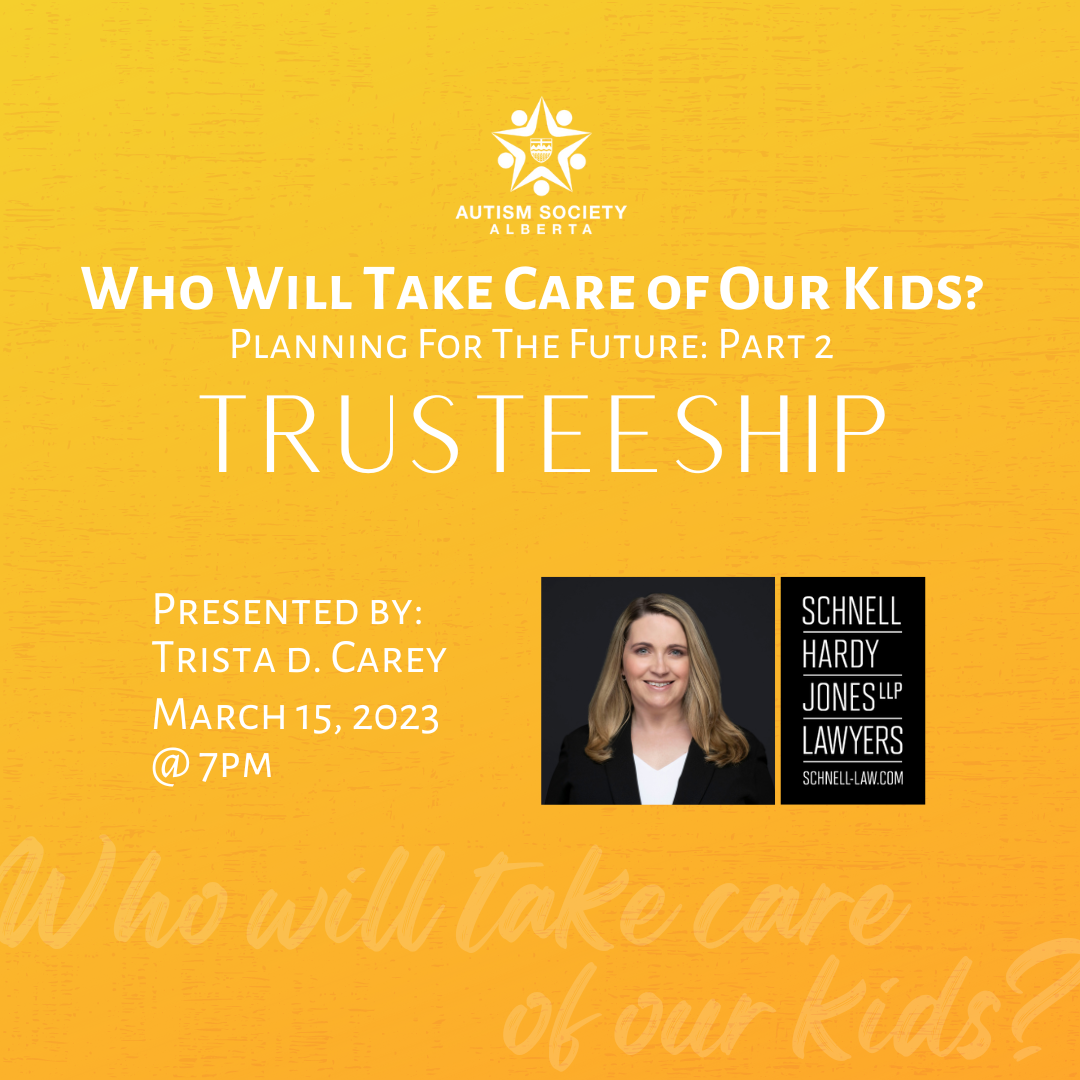
|
|
|
Keep Up the Good Work!
Carmen Moore
They say that you can pick your friends, but not your family. This usually has an implied neutral or negative implication. In my case, I am so blessed to have such a great relationship with my entire extended family. I have great admiration for them. They are definitely people that I can look up to and learn from, on the whole. That does not mean that they are all perfect all the time, but neither am I. One person, my great-uncle, Father Lester, was someone that I specifically looked up to and enjoyed every minute in his presence. His nickname, used by everyone (not just family), was Father Smiley. His resting face was a gentle smile, and he always had positive and encouraging words to say. Notably, he always ended a visit as he was heading out the door by saying, genuinely, “Keep up the good work!” It didn’t matter what was happening, he always said that. It wasn’t until he passed away recently that I realized how much those words meant to me. It got me reflecting…
Some of you may remember my recent monthly series on a wide variety of research-based strategies that were proven to better support people with autism. Each month, or over a few months, I would delve into different strategies that I had investigated and used, both personally and professionally. I discovered this list of 28 research-based strategies (or evidence-based practices) as I went through my graduate certificate studies focused on autism. I learned so much over these courses, and was very grateful to have an opportunity to test these out in my school district, as well as in my home. We collected data and saw huge potential, and then saw the eventual success of implementing some of these strategies. I liked how the strategies had easy implications for home, schools, and community environments.

The flip side of this knowledge is that I am always examining my actions through these lenses. I feel like I am constantly assessing and reassessing my parenting actions. I admit that the implementation of the strategies is markedly successful, and I like knowing them, to use when I need them. But they have become a frame of reference. In doing that, I can become self-critical, telling myself, “You could have done more/better/used that strategy,” etc. I know what would work based on research, and that is my baseline now. It is a high standard, honestly.
That all being said, parenting is a hard go sometimes, for any parent. I believe that most parents think they could do better, do more, say and do the right thing more often, etc. I wonder if the feeling is more palpable, though, for parents of neurodiverse children. Each day is a chance to advance their skill set, whether it be socially related, academic, or moving toward independence and/or regulation. I feel a sense of urgency to use the time I have as a parent to do my best in these areas. When I work with other parents, they sometimes remark on similar thoughts, so I know that I am not alone. We love our kids and want the best for them, whatever that may look like each day.
This brings me back to the words of my late great-uncle: “Keep up the good work!” I wanted to share those words with all of you reading this. Keep up the good work! We do not always hear this message in meetings with professionals, school meetings, or from some family members. Are there ways to grow and do better? Yes, but that is true for every parent, or person for that matter. No one is perfect. I just wanted to give you the same message that I heard, no matter what was happening, each time my great-uncle left: “Keep up the good work!”

|
|
|
A New Way to Donate to ASA
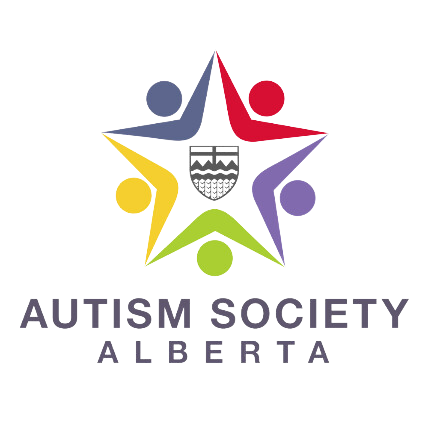
** New **
Guess what? Our Autism Society Alberta Facebook page is now officially a non-profit page. That means there is now a convenient DONATE button to be found there. As always, you’ll still receive your tax receipt, just as you do when you donate through our website. You can check out our Facebook page HERE.
Help us to continue supporting families, individuals, professionals, and the autism community in Alberta!

|
|
|
My Transformation
Karla Power
With the start of a new year, I've found myself reflecting on the past year and my life, as many people do. It has been a year of ups and downs, but also a year of growth, not just for the boys but for myself.
This past year, I made a realization that motherhood has changed me, and there is no turning back. This may seem like a very standard realization. I’m sure that most mothers would agree that motherhood has changed them somewhat.
Me, I always expected that I would change, learning to put my children’s needs above everything else. However, the changes I have experienced have been unexpected and sometimes unwelcome. Before children, I was always the social butterfly, the happy girl with a big smile and heart, and the one who found good in the world and joy in life.
I wish I could say that I am still that person, but I am not. Sometimes, I miss that version of myself, but I have grown to love the person I have become, and I have my boys to thank for that. They need someone who is more than just butterflies and rainbows. They need a mother who will fight for them without worrying if she is liked by others.
Now, I am a woman who is confident, and an advocate who speaks up for what is important. When you have a child or, in my case, two children with extraordinary needs, the world does not always treat your family fairly. I cannot remain silent on issues that affect my children, because I am their voice, and they are my heart.
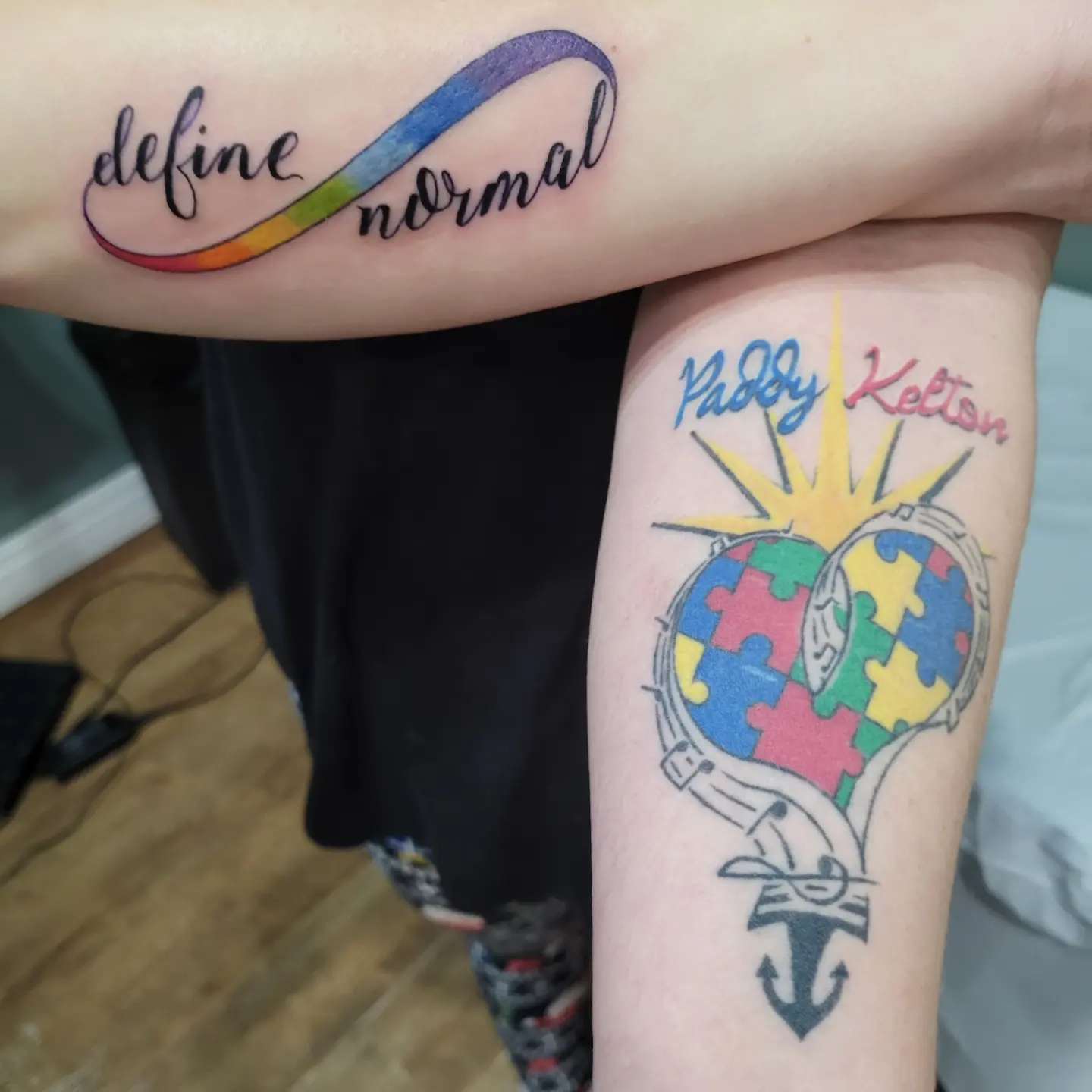
I am not afraid to show my emotions, even if they are not always happy ones, because in order to help people understand and show acceptance, I have to allow myself to be vulnerable. This is, unfortunately, how most families like ours are able to gain support financially, as well. You have to describe your worst day to get even a portion of the support you and your family require.
I have tough but real conversations with people. Previously, I would have been worried about being labelled a “Negative Nelly,” but I no longer have the energy or time to sugarcoat things. If people ask for my opinion, or ask how things are going, they are going to get the real answer, not the pretty one.
The phase I am still working on is setting boundaries. I have never been good at that, but in an effort to reserve my energy for my very busy boys, I need to let go of the things and people that don’t serve me. That means not getting consumed by other people’s problems, and learning who I can go to with mine. Sometimes, support systems change, and that’s okay.
The new version of me is much more content. I know what my value is, because I spend time with people who remind me of it. I know who to turn to, because these are the people who say “call me anytime” and mean it. And I am learning to find good in the world and joy in my life.
These boys bring me so much joy! They make me laugh and fill my heart daily. As I say to my husband Frank, we don’t have an easy life, but we have a good life, and that is something worth smiling about.
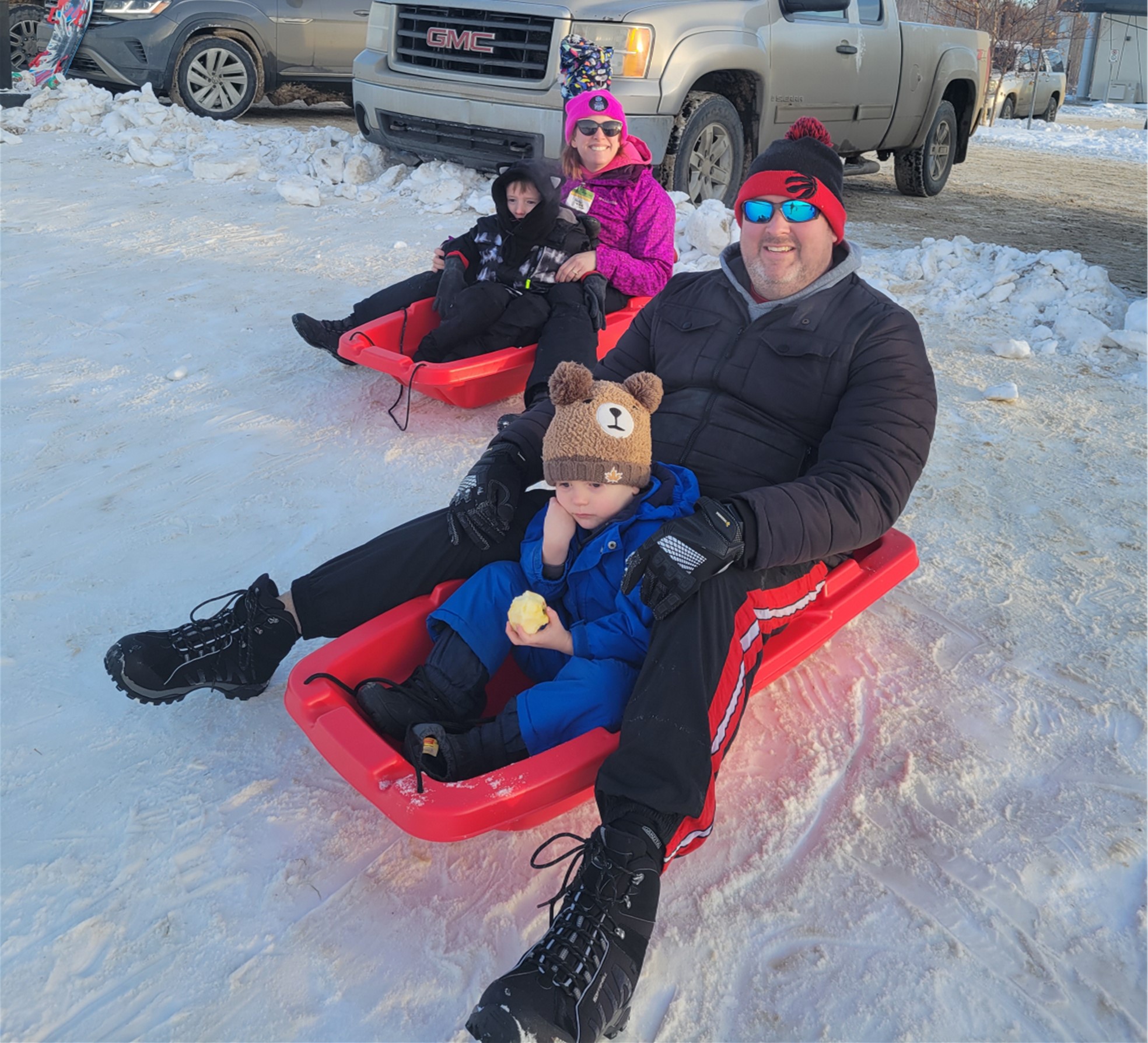
|
|
|
Autism Society of the RMWB

THE EDUCATION INCLUSION PROGRAM
The Education Inclusion Program was created by the society as a lending resource that is accessible and free of charge. It was developed with the intention of promoting and educating others about Autism Spectrum Disorder. With a focus on acceptance and understanding, it covers topics of understanding ASD, acceptance of differences, and how to adapt your environment to be inclusive of everyone’s needs. Since its conception, it has grown to a library of presentations that cover a range of topics for almost any organization, service provider, business, employer, and family wishing to learn more about ASD acceptance and accommodations.
Our school lending bins have been created for an intended audience of early entry to grade 6. Educators can request to borrow a bin for their class. Included in the bin is a collection of books, interactive material, and an informative slideshow. We have ensured that the bins have curriculum-related material that could be substituted for items in health or language arts. Reading comprehension activities, novel study material, and critical thinking activities are just some of what you will find in this resource. We have also made sure to add Leader in Me language to slideshow content. It really is a “win, win”. An extensive teacher resource guide has been created for each bin, and offers ideas for activities and group projects. A teacher could use as little or as much of this program as they like. The resource can be borrowed from the society office, with training provided if required or requested. A presentation to the intended audience is available by our Community Development Officer as well.
To request a bin, follow the link to our Education Inclusion Kit Request Form.
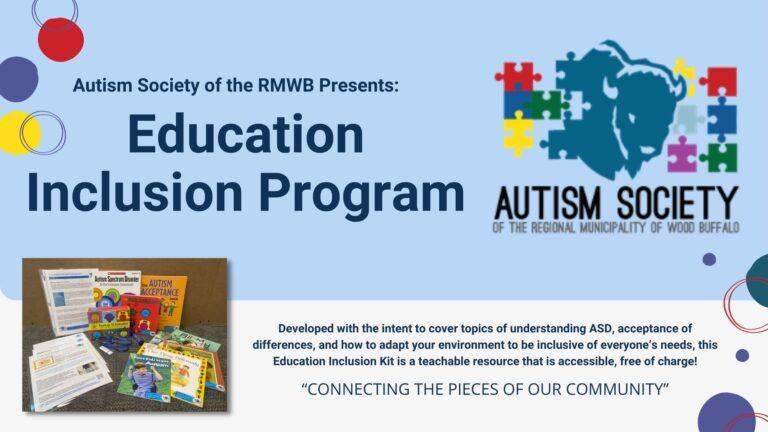
|
|
|
What is Autistic Inertia?
Maureen Bennie

From the Autism Awareness Centre Inc. Blog:
An autistic person wrote to me, and asked what might be the reason why they are experiencing difficulty starting a task. This got me thinking about autistic inertia. Quincy Hansen, an autistic blogger, defines it as:
… the tendency that autistic people have to want to remain in a constant state. When we’re asleep we want to stay asleep, when awake we want to stay awake, when we’re working on one thing we want to keep working on it, when we’re doing one thing we want to keep doing that one thing, etc.
While the general population can experience these feelings as well, autistic people are more apt to be affected by inertia because of executive function challenges.
Another explanation of autistic inertia is difficulty with starting or stopping tasks. It can also look like extreme demand avoidance, which may be linked to high levels of anxiety. This can be perceived by others as laziness or a lack of motivation. It’s important to understand that autistic inertia is a part of neurodiversity, and more common than you might think.
What are the common traits of autistic inertia?
There was a study led by an autistic researcher exploring first-hand accounts of autistic inertia. Some of the common traits were:
- difficulty with transitions because of not being able to start/stop tasks
- difficulty resuming tasks after an interruption
- no control over actions, even if the desire to do something is there
- indecision, anxiety, or challenges with planning or starting tasks (also related to executive functioning)
- not being aware of time
- difficulty adjusting movements to rapidly changing surroundings
- separation of the mind and body (this relates to interoception)
- feeling indifferent about the task urgency or the task itself
- not feeling motivated
- being able to focus on a task once it’s started for a long period of time (which is often a strength!)
- feeling “stuck” – can’t move on to the next thing
How does inertia affect autistic people?
Inertia can affect autistic people in numerous ways. It can:
- make independent living more challenging
- influence the way they work
- cause stress
- cause fatigue
- make self-care more difficult
- impact employment and the ability to work
- contribute to dysregulation
- cause social relationship difficulties
- decrease quality of life

How can we help?
Here are some ideas that can be helpful in supporting an autistic person who is experiencing inertia:
- Provide structure. I’ve written numerous posts on how to create structured environments and using visual supports.
- Teach the concept of time and time management.
- Organize the day around a person’s energy levels. Some people are early risers, and others are night owls.

- Create to-do lists and have visual reminders. Visual reminders can be sticky notes, coloured cards, or checklists.
- Do work tasks in a distraction-free area.
- Establish routines. Set times for getting up, going to bed, mealtimes, bathing, and exercising.
- Do one thing at a time. Multitasking can be overwhelming.
- Provide prompts. This can be done verbally, through touch, or by providing help with starting off a task.
- Break tasks down into manageable steps.
- Create predictability. When a person knows the expectations and how the task will unfold, this will ease anxiety.
Understanding an autistic person’s reasons for experiencing inertia can help us to find the right support strategies, stop blaming the person, and provide an explanation for what we are seeing. This will build trust and confidence in autistic individuals, helping them to move forward.
|
|
|
Monthly RDSP & DTC Tips
Stephen Sicoli
Registered Disability Savings Plan/Disability Tax Credit
What You Should Know
When you have a child with disabilities or have disabilities yourself, any extra paperwork or programs can feel like just piling on, or the straw that broke the camel's back. But when it comes to the Disability Tax Credit (DTC) and Registered Disability Savings Plan (RDSP), the paperwork is much more minimal than you may think, and the benefits FAR outweigh any perceived cons.
With that said, here is what you can gain:
- Through the DTC, you can see a decrease in your taxable income by over $8,500 per year if you're over 18. If the beneficiary is under 18 this figure gets a supplement of approximately $5000. That means you could reduce your taxable income by up to $13,500 per dependent per year.
- You can reclaim unused entitlements up to 10 years back. For the tax credit, that could equate to retroactive refunds!The DTC will open up availability to other federal programs like the Child Disability Benefit. For households with an income of under $71,060, you can get up to $2,985/year per child that qualifies. $248.75/month in untaxed government funding for you and your family
- Once you have the DTC in place, you can look at the RDSP. This is a long-term savings plan that gets more government contributions than any other registered account by a long shot!
- Through the bond, you can receive up to $1000/year from the government with NO CONTRIBUTIONS. FREE MONEY!!!!
- Through the grant, you can receive matching contributions on the first $1000 or $1500 (depending on income bracket) These matching contributions are 1:1 and up to 3:1 respectively.
Interested in learning more? Sign up for one of our upcoming FREE, virtual presentations below.
Click here to follow our Eventbrite page to see all our upcoming presentations. For more information, you can also contact Stephen through email at stephens@autismalberta.ca for more information.
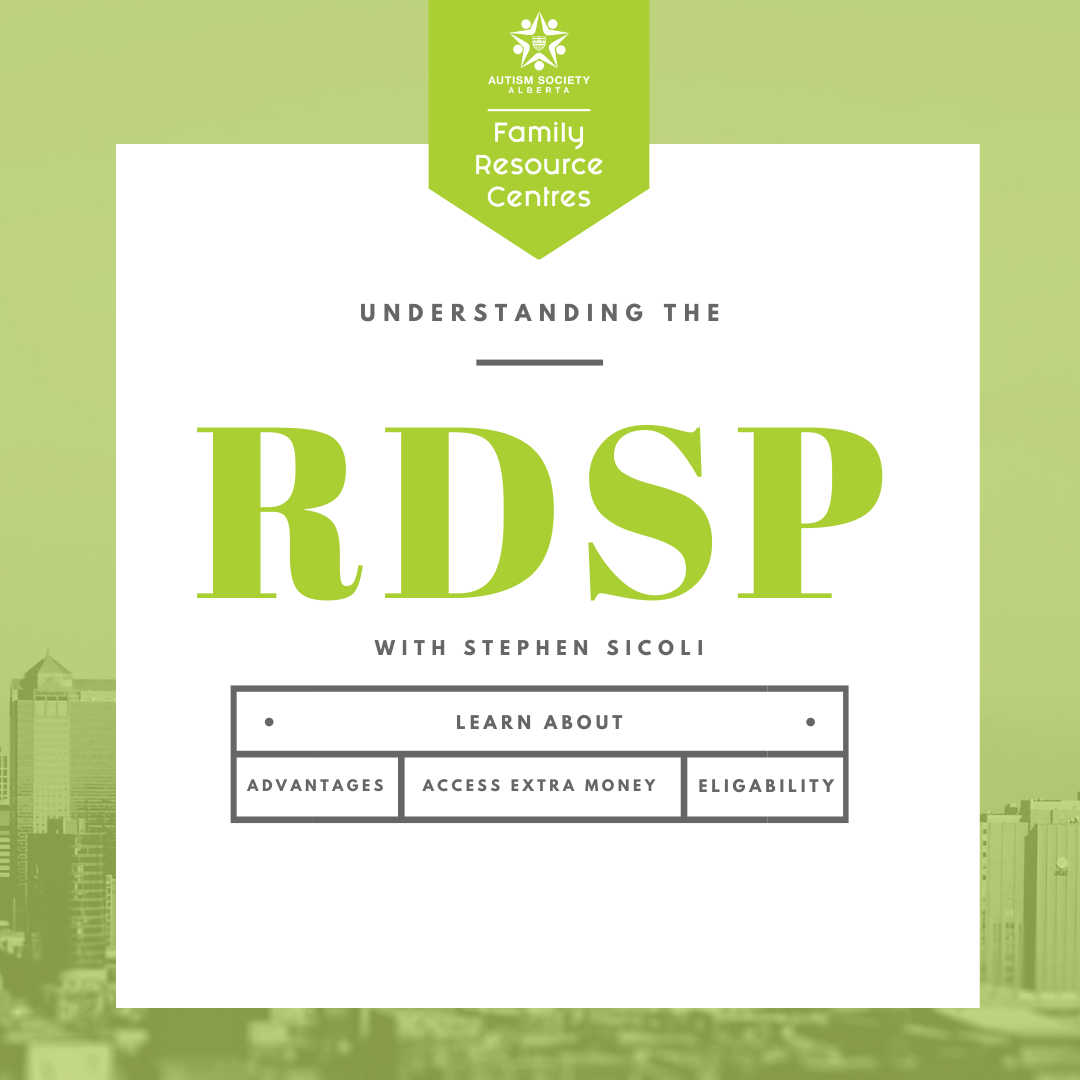 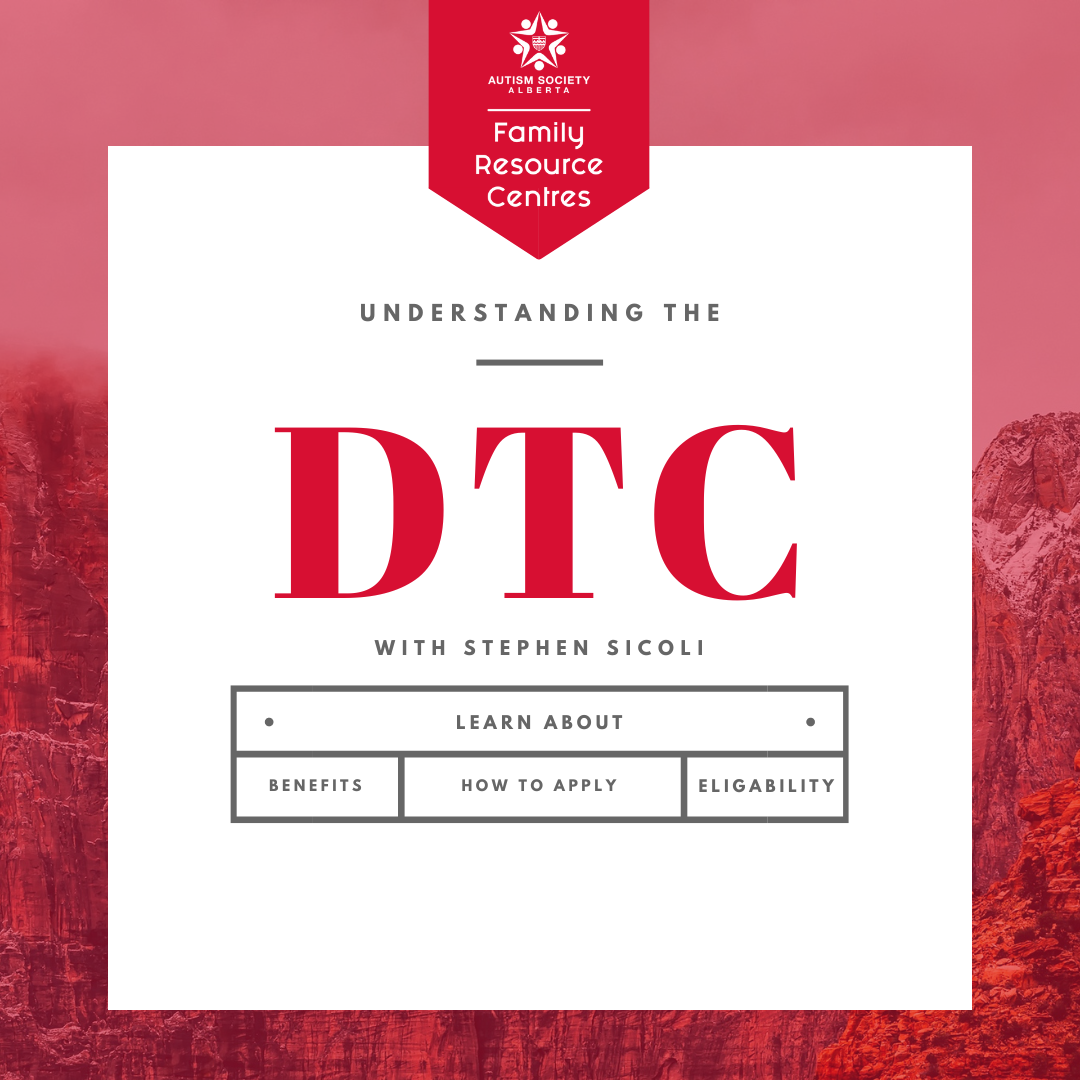
|
|
|
Autism Edmonton
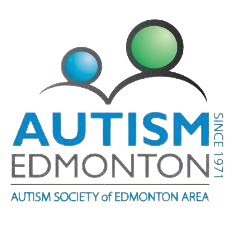
Join Autism Edmonton as they celebrate neurodivergent Edmontonians and spread autism awareness alongside the Edmonton Oil Kings!
We know the sensory experience of a hockey game can sometimes be too much, which is why we have teamed up with the Oil Kings to create a space for people to escape the noise and commotion.
Join us on February 26th as the Edmonton Oil Kings take on the Winnipeg Ice! We will also have sensory backpacks on hand. Autism awareness includes autism acceptance. It is important to us that we encourage our community members to create inclusive spaces, and to have as many equitable options as possible, so all can participate!
Find out more, or order your tickets online here.
We want to celebrate all autistic individuals by helping our community create inclusive and accepting spaces.

|
|
|
Centre for Autism Services Alberta
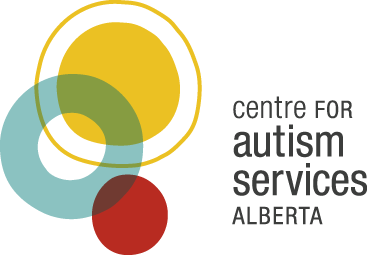
Happy New Year from the Centre for Autism Services Alberta!
Winter 2023 programs are HERE! Registration is open to the public for our community programs, and some programs will be starting in late January-early February, so it’s not too late to register! Spring program registration will begin in March.We’ve got something for everyone, so check our website and find the perfect program today.
Ring in the New Year with a New Job! EmploymentWorks (EW) offers employment readiness training, job sampling, and work experience opportunities for individuals with a disability, including but not limited to autism. Participants must be motivated to seek employment. There are two phases to the program – a 60-hour phase of classes including the opportunity to try different jobs, and a second phase which is made up of active engagement in the labour force supported by employment coaches and our job club. Enrollment is ongoing and is available to participants ages 15-64. To inquire and to register, send us an email at EmploymentWorks. Start your job search today!
Start 2023 with START at the Centre! The START Program is a sought-after group program for parents/caregivers of young children with autism. Based on Pivotal Response Treatment (PRT), a therapy model developed by the Koegel Autism Centre in California, this innovative program teaches parents practical strategies to support their child in using words and sentences to:
- Ask for things
- Answer questions
- Make choices
- Copy what other people say
Winter session starts February 2, 2023! Visit our website for more information and to register today!
It’s Time to Think About Registering for September 2023 Preschool and Kindergarten! Did you know? The Centre moved to a new location in 2022 (9353 50th street), and we now offer preschool and kindergarten classes in our two brand-new state-of-the-art classrooms. While at school, children will enjoy a program space designed specifically for them, including an indoor gym and a beautiful outdoor playground. Our specialized programs are dedicated to children with developmental disabilities, and use play as a foundation for learning. We provide inclusive, individual programming for all. Our teachers and aides are highly trained professionals specializing in working with children with autism and other neurodevelopmental conditions.
For information about eligibility and programs, and to apply, email Corinne and Katrina at PUF@centreforautismab.ca or call 780-488-6600.
PEERS for Teens and PEERS for Young Adults are recruiting participants on an ongoing basis for upcoming sessions. Program for the Education and Enrichment of Relational Skills (PEERS) is a world-renowned, evidence-based social skills program for autistic teens ages 13-17, and autistic young adults ages 18-29. Participants and their parents, social coaches, or guardians meet weekly for 14 weeks (16 weeks for young adults). The skills taught in the PEERS program can help pave the way for creating healthy friendships and relationships, as well as securing meaningful employment. And now with options for in-person (Edmonton) and online delivery methods, this sought-after program is available Alberta-wide.
To learn more about PEERS for teens, visit our website HERE. To learn more about PEERS for young adults, visit our website HERE. To apply for PEERS, email us at teenandadult@centreforautismab.ca.
Now accepting applications for Facing Your Fears for 2023. This program is for ages 8-14 and is designed for autistic children who are having difficulties managing their anxiety. A well-developed caregiver education component is part of the program, allowing strategies learned in groups to be implemented at home. Not in Edmonton? No problem! Facing Your Fears runs virtual AND in-person cohorts.
- This 14-week program consists of 90-minute sessions, once per week
- Focuses on helping children and their caregivers identify worries, develop coping strategies, and practice managing anxiety with guidance from program facilitators
- Caregiver participation is required
- Delivered by a registered psychologist
- Funding may be provided by FSCD
For more information and to apply, please contact Anne Beattie at 780-488-6600 ext. 314, or email abeattie@centreforautismab.ca
|
|
|
Sinneave Family Foundation

Job-readiness training for autistics is just a click away!
The EmploymentWorks Self-Paced Online Program is an accessible and engaging e-learning experience for autistic individuals who want to develop and enhance their job-readiness skills—the skills everyone needs to be successful in finding and maintaining a job.
We’ve transformed the EmploymentWorks curriculum into an online program that allows individuals to complete the content according to their own schedule, and at a pace that best supports their learning. Plus, the online format effectively eliminates barriers related to location, transportation, or fixed program schedules. To participate, all you need is access to a computer or tablet, and a reliable internet connection. For those wanting a little extra encouragement, structure, and support along the way, program staff members are just a quick click away.
What is the program format?
- 12 modules focused on preparing for work, getting work, keeping work, and thriving at work.
- Tools, resources, and strategies to help learners identify employment goals, develop and practice essential job skills, and build confidence to be successful in a workplace setting.
- Dedicated program staff available to provide guidance and live support.
- Access to group-based online sessions to connect with other learners, enhance learning, and ask questions.
- Optional one-on-one sessions with a program facilitator to receive job-seeking support.
- Ongoing access to monthly group-based online discussions on key employment-related topics.
- Available in both English and French.
- Certificate awarded upon completion. A nice compliment to any resume!
Who is the program for? Individuals over 15 years of age who identify as being on the autism spectrum or as a person with a disability, are motivated to enter or return to the workforce, and prefer learning at their own pace with limited facilitation (if any).
There is no cost to participate, and the registration process is quick and easy! We are happy to answer any questions you may have about the EmploymentWorks Self-Paced Online Program or EmploymentWorks in general. Please contact our team at info@employment-works.ca. or visit www.employment-works.ca. Help us spread the word!
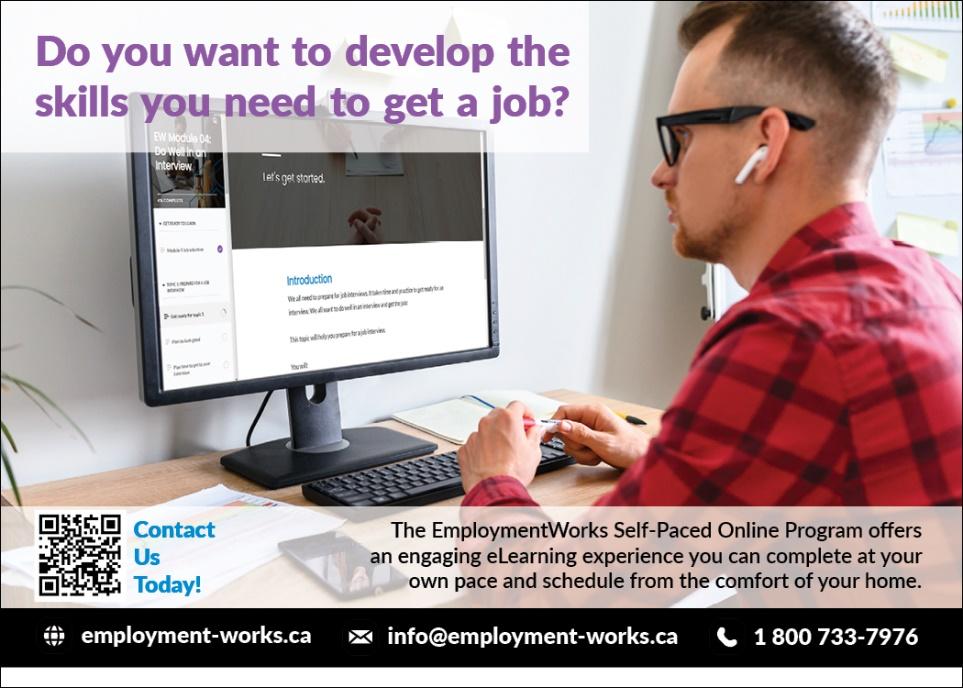
|
|
|
Meet ASA’s Family Resource Coordinators

Hi, my name is Becky Poirier, and I am Medicine Hat’s newest Family Resource Centre coordinator. Together with my husband Alan, we have four wonderful children. Our oldest is autistic and recently graduated from high school in 2021, and we could not be prouder of the young man he has grown up to be. Our three daughters all look forward to Sunday night dinners when their big brother comes home to join us for family time. Our son loves the independence that he has been able to achieve, thanks to his wonderful community support worker through the CORE Association.
After being a stay-at-home mom for nearly two decades, I took the plunge and went back to school to pursue my social work diploma. I graduated with honours in the spring of 2022, thanks to the amazing support of family, and new friends I met along the way.
I had the joy of working with Bridges Family Programs on a short-term contract as a Family Support Worker upon graduating. I am now excited to continue supporting more families in my new role as an FRC coordinator.
In my spare time, you can find me reading, writing, or dancing. I love doing anything creative.
I am passionate about helping families and individuals with diverse needs meet their goals, by making programming and funding more accessible to them. I look forward to working with the amazing team at Autism Society Alberta, and getting to know more individuals within our community.
Becky can be reached at beckyp@autismalberta.ca
|
|
|
Upcoming Family Resource Centre Presentations
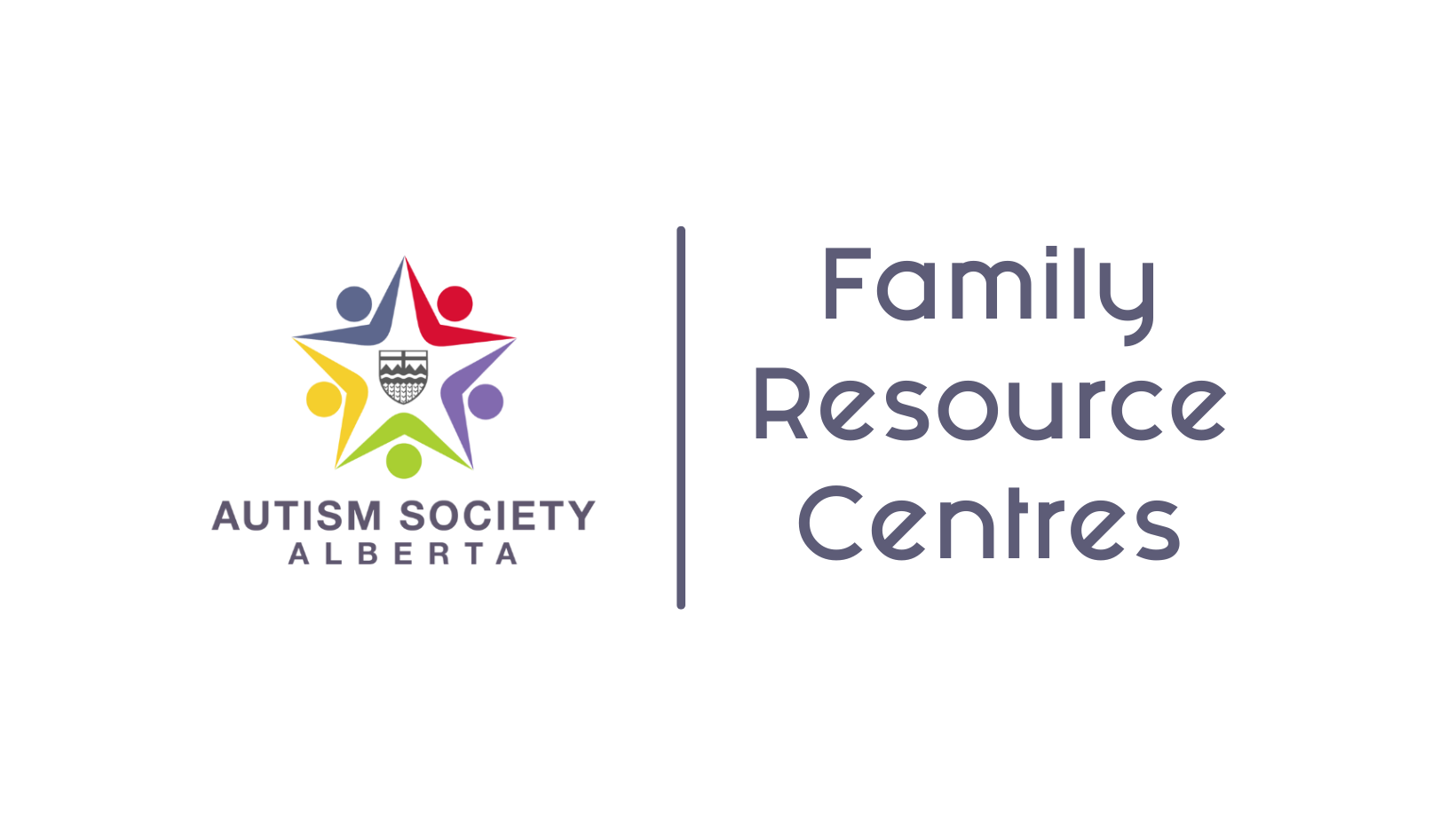
Click on the posters below to find out more and/or to register for one of our Family Resource Centre’s upcoming presentations! Also, follow us on Eventbrite to get notified of all new and upcoming events and presentations.
Tuesday, January 31 at 6pm

Wednesday, February 1 at 6pm
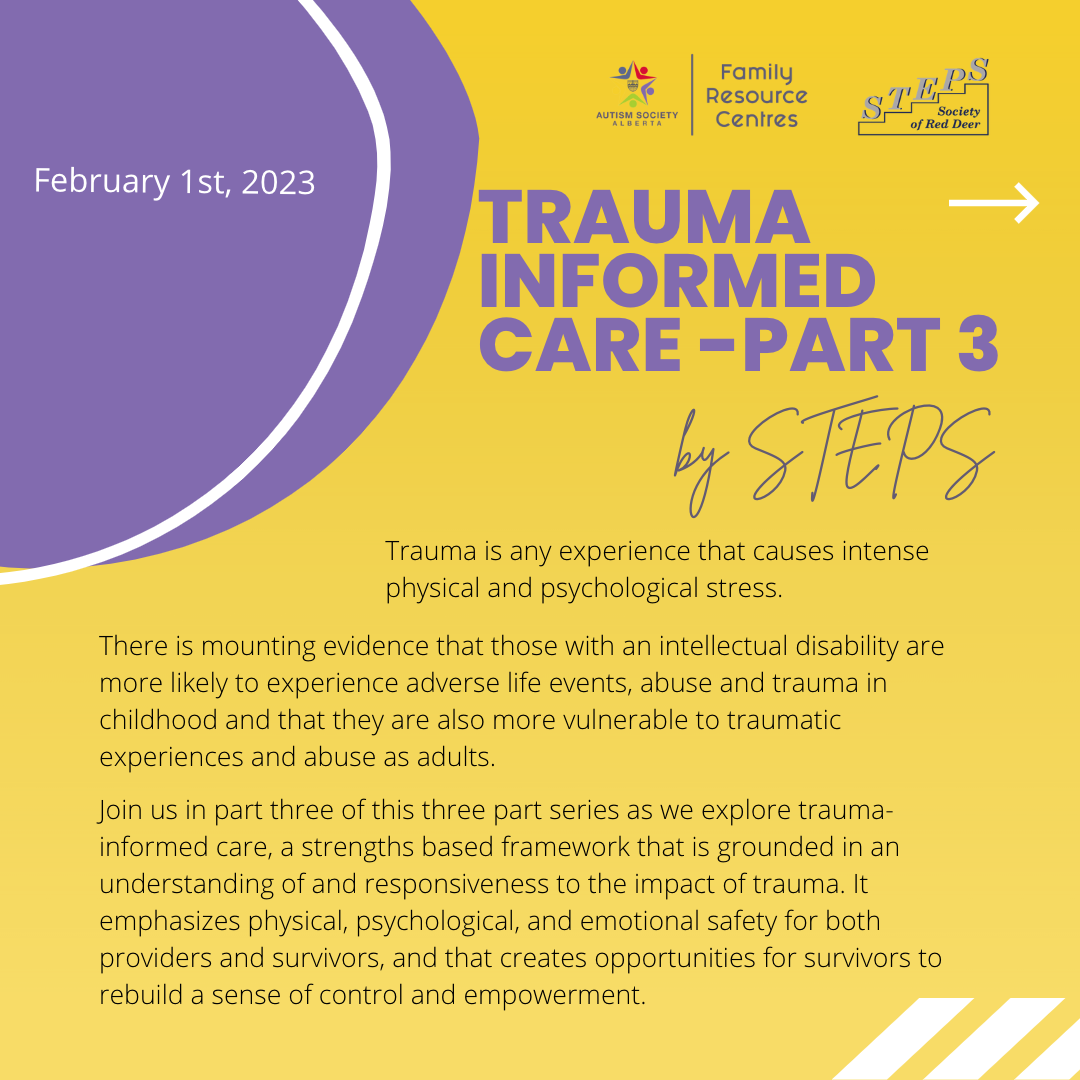
Monday, February 6 at 6pm

Monday, February 13 - Lethbridge (In-Person)
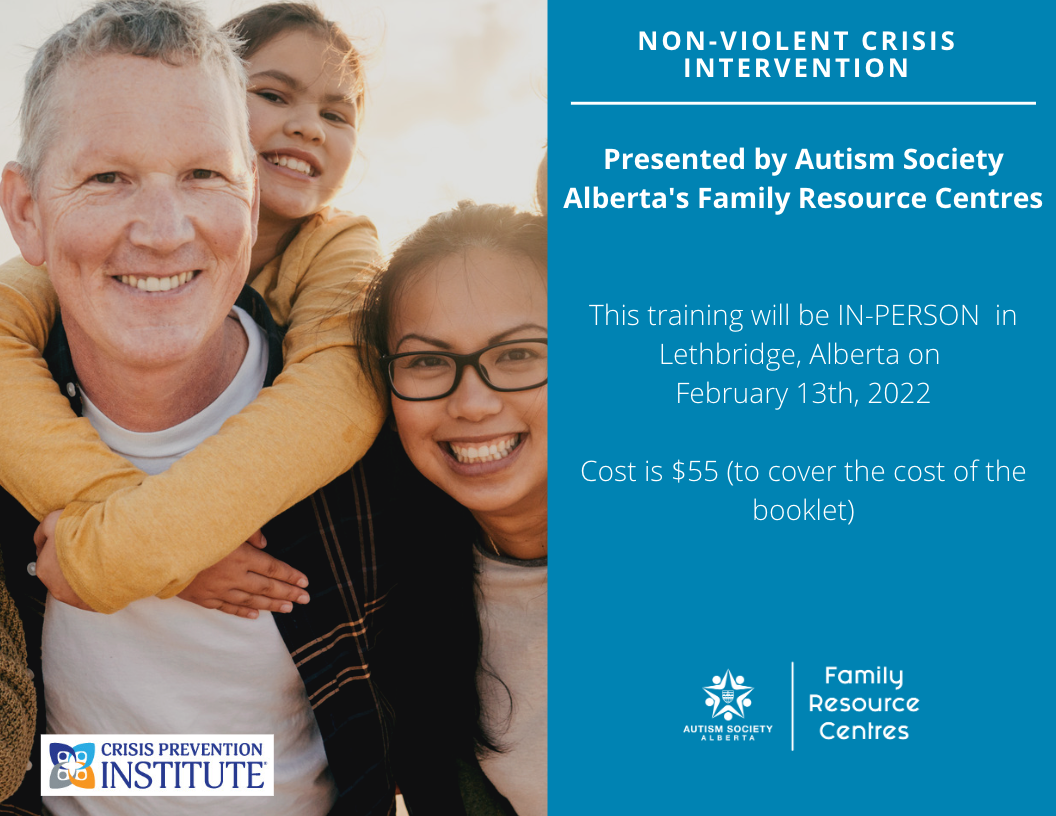
Wednesday, February 15 - Medicine Hat (In-Person)
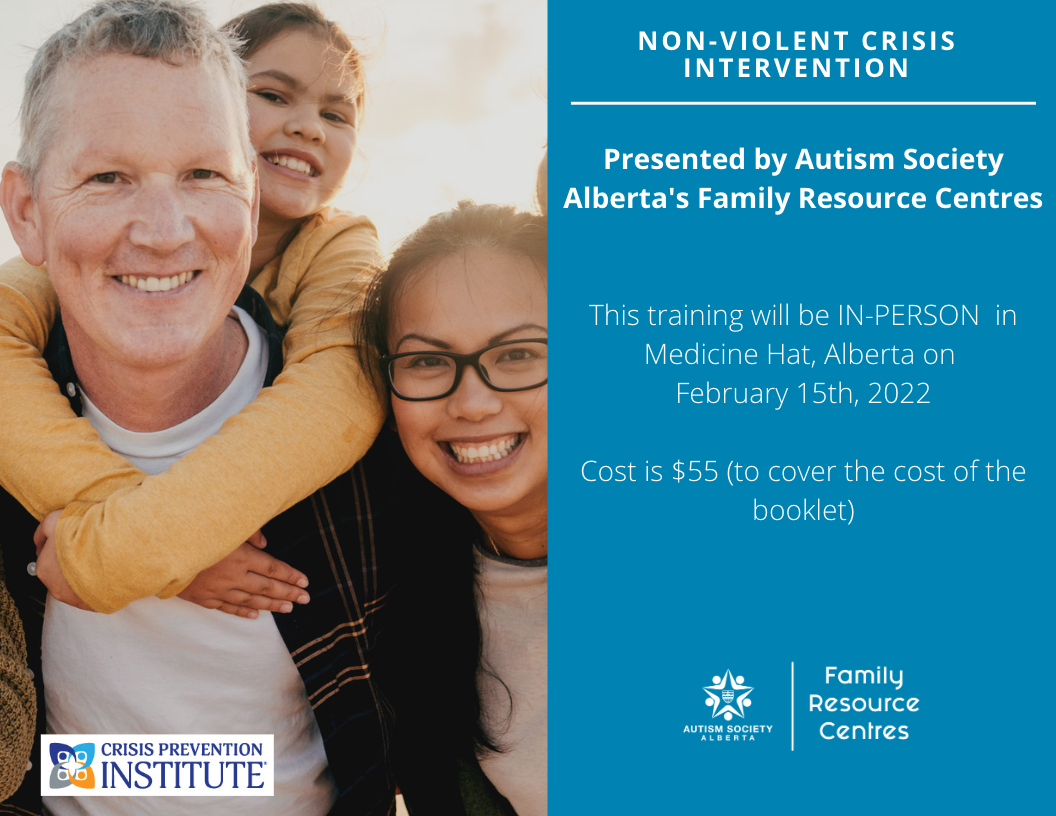
|
|
|
|
|